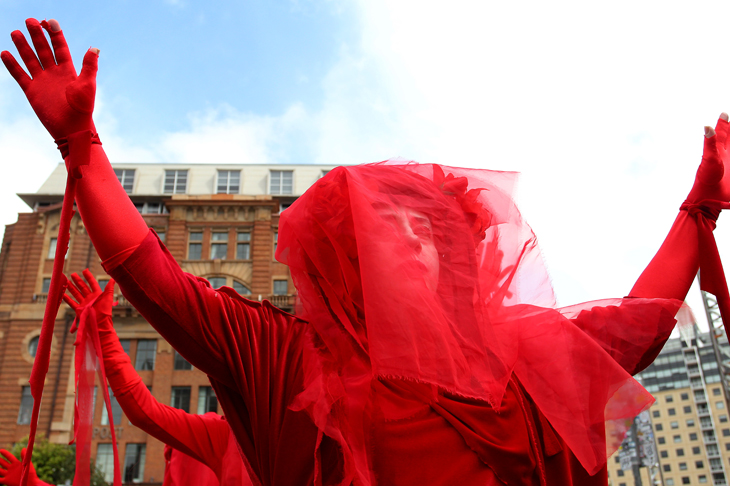‘Muck-raking’ is an old journalism expression coined in the US around 1900 to describe two types of journalists: a) those exposing corruption and b) those making ‘a prurient inquiry into private morals’ (as per the Oxford English Dictionary). Does ‘muck-raking’ occur in Australian journalism these days – and, if so, of which kind? A ‘worthwhile pursuit of corruption’? Or a ‘prurient inquiry into private morals’? In the case of the 30-year-old allegation of rape against Christian Porter the ABC has now agreed that the evidence they collected would fail both criminal and civil standards – would fail both the ‘beyond reasonable doubt’ standard and the ‘balance of probability’ standard. Plus there was no suggestion of corruption. Does that make such journalism mere ‘prurient muck-raking’? And there are now attempts to show that Scott Morrison is tied to the QAnon nutty conspiracy theory because Jenny Morrison has a friend whose husband is a believer in the QAnon view of the world. What next? Blaming Morrison for the strange opinions held by his barber? Since there is no corruption in having a friend who holds a strange belief, is this pursuit prurient ‘muck-raking’ or in the public interest? ‘Muck-raking’ is a useful expression – and a blunt label that needs to be applied (loudly and often) to personal, mud-slinging journalism.
No slouch, I’d like to get in early and nominate ‘vaccine hesitancy’ as this year’s Word of the Year. It’s definitely a 2021 word, and just gets more and more currency with each passing week. In reality, ‘vaccine hesitancy’ has more to do with ‘vaccine confusion’ than anything else. The road signs keep changing and the warnings and assurances keep alternating. So the person the expression pictures as ‘hesitating’ is actually just someone trying to understand what is being recommended at the moment. And I do wonder if ‘vaccine hesitancy’ is limited to Australia? Does this also turn up in the US or the UK? And if not there, why here?
UN Secretary General António Guterres has called climate change an ‘existential threat’ to humanity. As has Joe Biden. Does it make sense to talk of climate change using such language? The word ‘existential’ is chiefly (says the OED) a technical word used in philosophy and logic. Although it was coined as long ago as 1656 it did not become common until the rise of the European existential philosophers – Heidegger, Sartre and the rest who applied their ‘existentialist’ thinking to both rationalism and empiricism. For them ‘existentialism’ meant that philosophy must start with the existence of the self – for which we must create our own significance. But the climate hysterics have now taken this technical, philosophical term and misused it. They are now pretending that ‘existential’ means ‘a threat to the existence of the human race’. But these people who claim to ‘follow the science’ are ignoring the fact that ‘the science’ (whatever that means!) does not say that human existence is under threat. There is no IPCC report or scientific paper that claims the human race is facing extinction. This lie is embodied in the name of ‘Extinction Rebellion’. The fact is that the use of ‘existential threat’ is both linguistic nonsense and scientific nonsense.
Got something to add? Join the discussion and comment below.
Get 10 issues for just $10
Subscribe to The Spectator Australia today for the next 10 magazine issues, plus full online access, for just $10.
Contact Kel at ozwords.com.au
You might disagree with half of it, but you’ll enjoy reading all of it. Try your first month for free, then just $2 a week for the remainder of your first year.














Comments
Don't miss out
Join the conversation with other Spectator Australia readers. Subscribe to leave a comment.
SUBSCRIBEAlready a subscriber? Log in